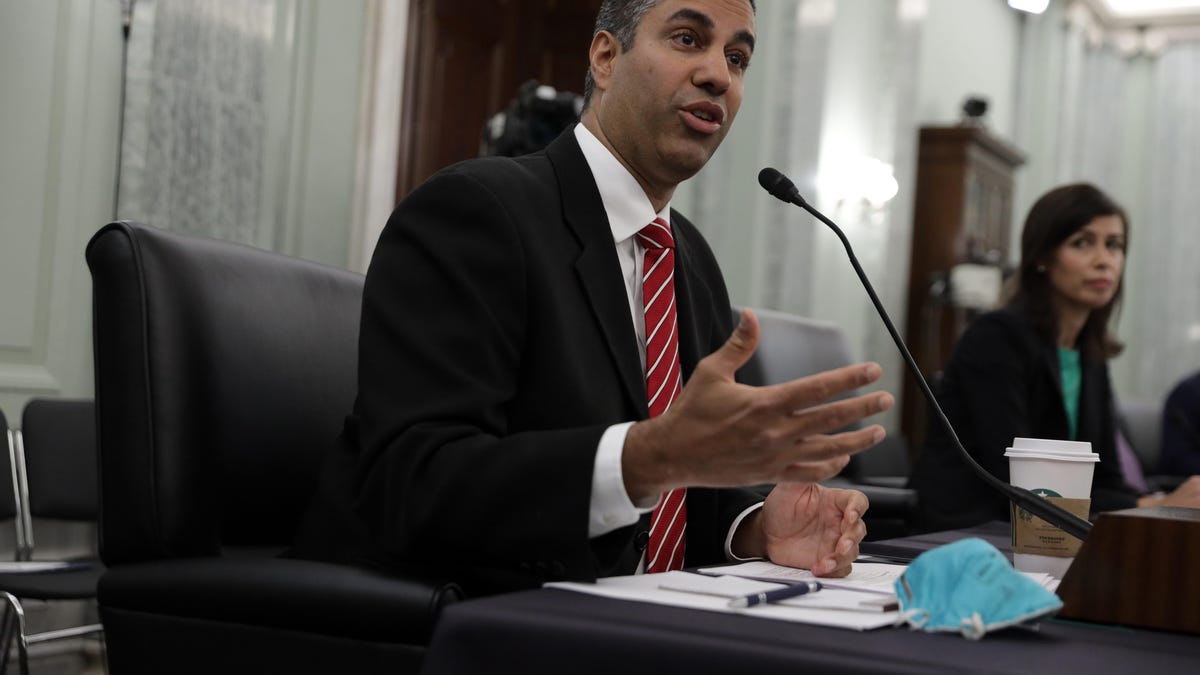FCC's Ajit Pai says he won't move forward on Section 230 rule-making
But the outgoing chairman says there's bipartisan consensus among lawmakers for the law to be changed.

Outgoing Chairman Ajit Pai on Thursday confirmed he doesn't plan to pursue proposed changes to Section 230 during his remaining time as head of the Federal Communications Commission. In an interview on C-SPAN, Pai said it wouldn't be appropriate to move forward.
"The reason is, in part, because given the results of the election, there's simply not sufficient time to complete the administrative steps necessary in order to resolve the rule-making," Pai told Protocol and C-SPAN co-host Peter Slen. "Given that reality, I do not believe it's appropriate to move forward."
Section 230 is a decades-old law that shields social media companies such as Facebook and Twitter from lawsuits over content their users post on their platforms. President Donald Trump has repeatedly called for the elimination of Section 230, which is a provision in the Communications Decency Act. In December, Trump vetoed a defense bill because Congress refused to include a provision to repeal Section 230 in the language.
Pai, who announced in November that he would step down from the agency at the end of the Trump administration, said he believes there's still bipartisan consensus in Congress to revise or reform the law in some way.
Pai also commented on the rally turned riot on Capitol Hill on Wednesday, saying it was a terrible mistake for anyone to suggest that the results of the election could be changed.
"That was a terrible mistake and one that I do not think in any way should have been indulged," Paid said, though he avoided putting direct responsibility on the president for pushing election fraud theories.

